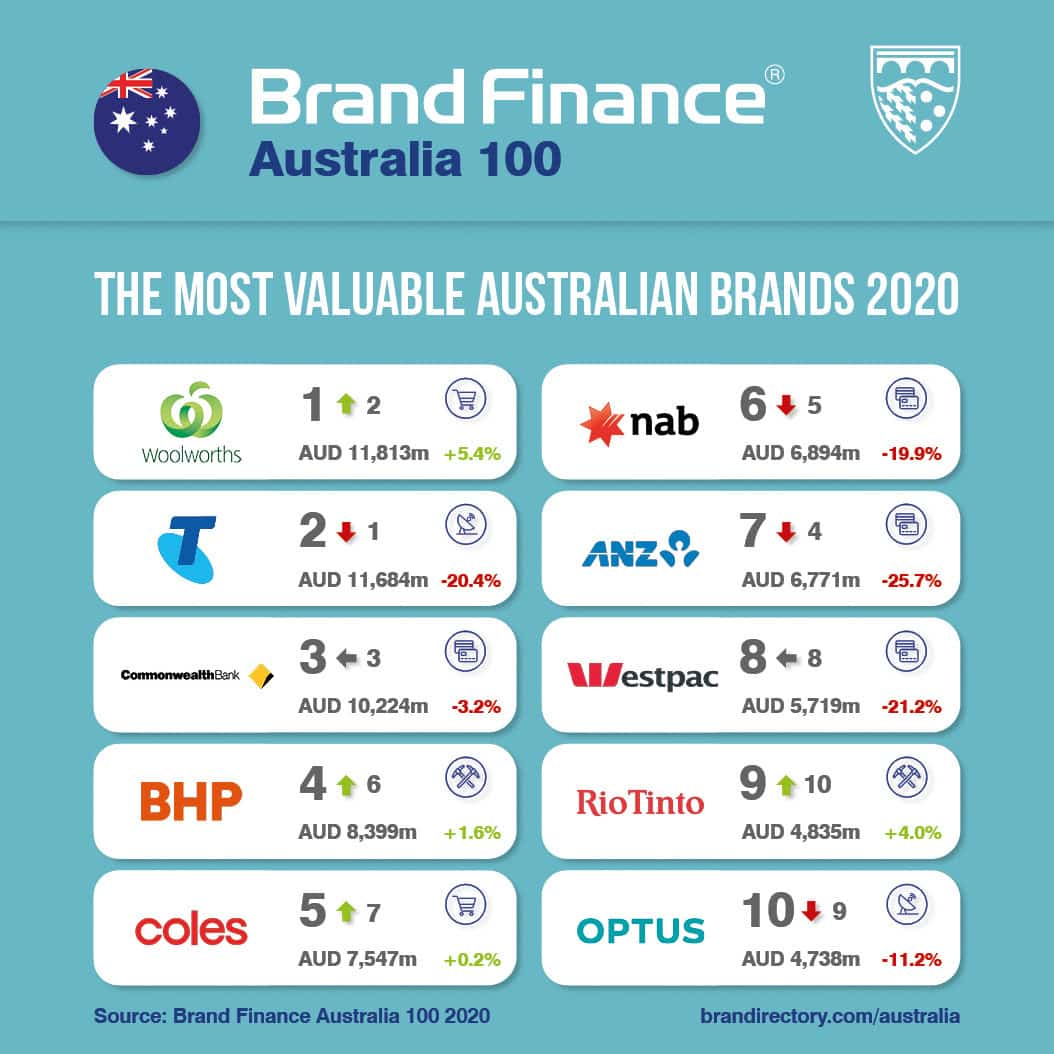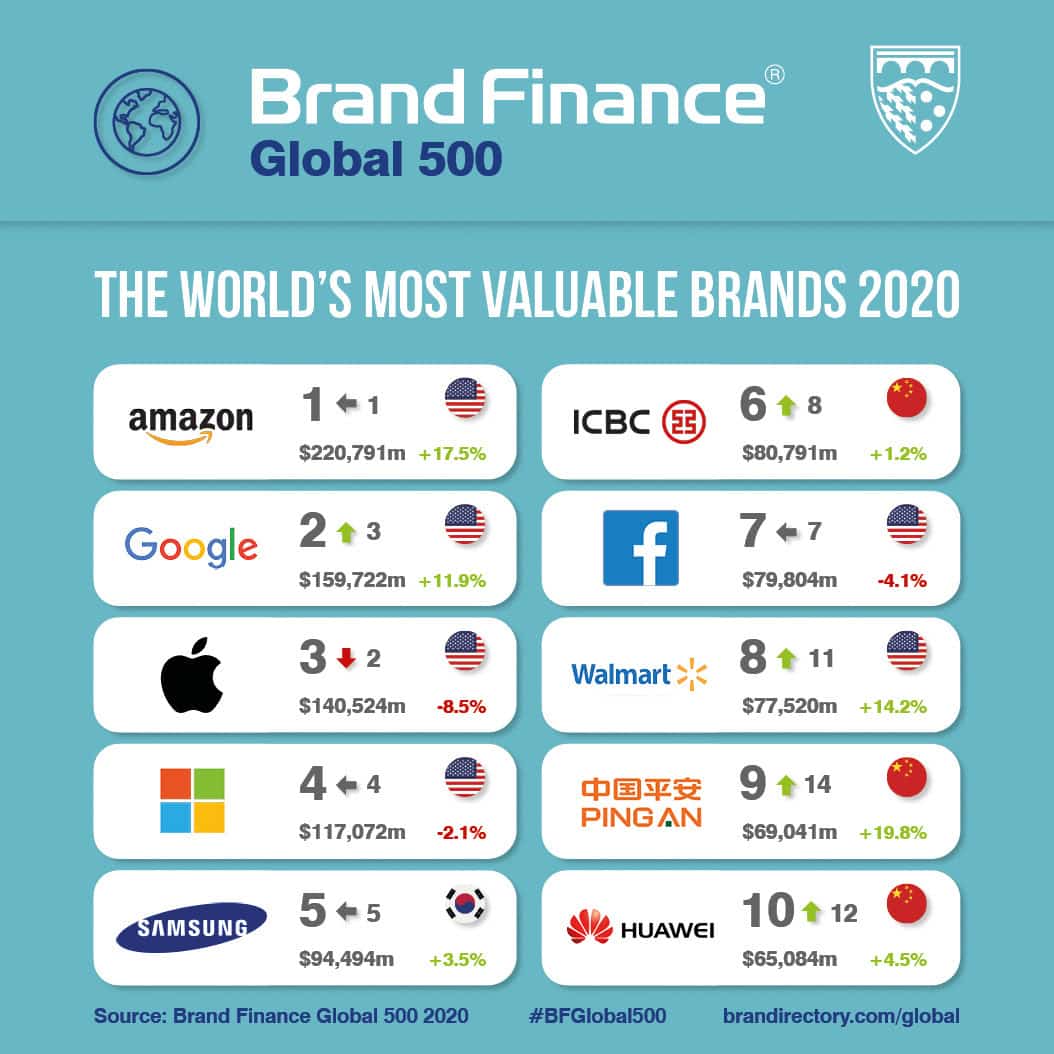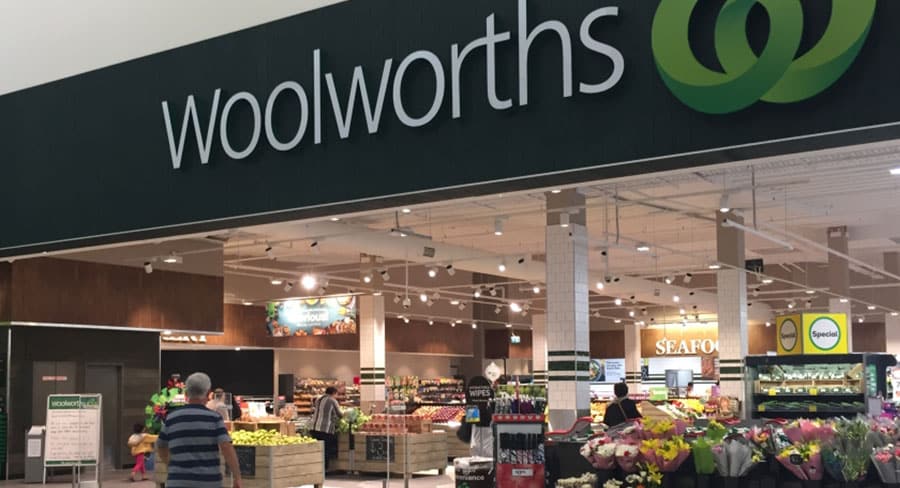• Telstra’s brand value drops 20%, falling to second most valuable after 4 years of dominance
• Optus becomes nation’s strongest brand with brand strength index (BSI) score of 86.3 out of 100
• 11 new entrants in ranking, including six wine brands
Woolworths has reclaimed the title of Australia’s most valuable brand, overtaking reigning champion Telstra, after recording a 5% uplift in brand value to AU$11.8 billion, according to the latest report by Brand Finance.

In addition to measuring overall brand value, Brand Finance also evaluates the relative strength of brands, based on factors such as marketing investment, familiarity, loyalty, staff satisfaction, and corporate reputation.
Woolworths’ increasing brand strength, up 4.2 to a Brand Strength Index (BSI) score of 81.9, has enabled it to overcome a tough market, where retail activity is contracting, and economic growth forecasts are gloomy.
Fellow supermarket brand, Coles (brand value AU$7.5 billion), has also been feeling the pinch as shoppers are becoming increasingly careful with their spending habits. However, its small brand value increase (up 0.2%) is a very positive result following its demerger with Wesfarmers, the country’s largest ever demerger. Coles has achieved a AAA- brand strength rating for the first time, a reflection of the brand’s solid reputation for value for money.
Mark Crowe, Managing Director, Brand Finance Australia, commented:
“We are witnessing a decreasingly optimistic market, where many of the country’s biggest consumer brands are suffering. Household names, Woolworths and Coles, are bucking the trend, supported by their long-standing position in the marketplace. Woolworths is facing a difficult year ahead after the damaging investigation into staff’s pay – how the brand responds in the coming year will be pivotal if it is to retain its title of the most valuable Australian brand.”
Telstra calls for help
The country’s largest mobile network provider, Telstra, has recorded a considerable drop in brand value over the past year, down 20% to AU$11.7 billion. The NBN rollout has significantly affected the brand’s profits, which dropped 40% in 2019, and the long-term economic outlook for the brand looks challenging. Telstra is grappling with, along with the majority of key players globally, the rise in challengers in the Telco-OTT space, as well as rapidly diminishing margins as a result of fierce price competition.
Telstra’s BSI score has improved, however, up 1.9 to 84.0, largely due to a greater level of customers recommending the telecoms giant, a testament to the brand’s first-class customer service and solid customer satisfaction scores.
Optus now nation’s strongest
Optus (down 11% to AU$4.7 billion) claims the title of Australia’s strongest brand with a BSI score of 86.3 out of 100 and a corresponding AAA brand strength rating. This boost in brand strength has simultaneously knocked last year’s strongest brand Qantas (down 18% to AU$3.1 billion) off the top of the podium.
Seven Australian brands feature in Global 500

Seven Australian brands feature in the newly released Brand Finance Global 500, with Woolworths ranked the highest. Defending its position as the world’s most valuable brand for the third consecutive year, Amazon has broken the so far unattainable US$200 billion brand value mark. Following 18% growth from US$187.9 billion last year, Amazon’s brand value has now reached US$220.8 billion, over US$60 billion more than Google’s and US$80 billion more than Apple’s.
The world’s largest online marketplace, Amazon has also branched out into cloud computing, artificial intelligence, consumer electronics, digital streaming, logistics, and is looking to enter other industries. With a diverse product and service portfolio, and thanks to continued investment in fast-growing sectors and innovative technologies, Amazon is not only the leader of today, but also seems primed for tomorrow.
Nevertheless, the majority of Amazon’s revenue still comes from retail, and challenges to the growth of the company’s core operations may result in brand value stagnation in the future. In November 2019, it was announced that Nike would no longer be selling its merchandise on the platform, to develop its own direct sales channels. Amazon may have to contend with other big brands following Nike’s lead, which would undermine its reputation as the ‘Everything Store’. Another potential sticking point is the future of Amazon’s international business. From environmentalist opposition in Europe, to backlash from local retailers in India, to saturation of China’s e-commerce market by Alibaba and its subsidiaries – matching globally the status that Amazon enjoys in the US, may prove difficult.
